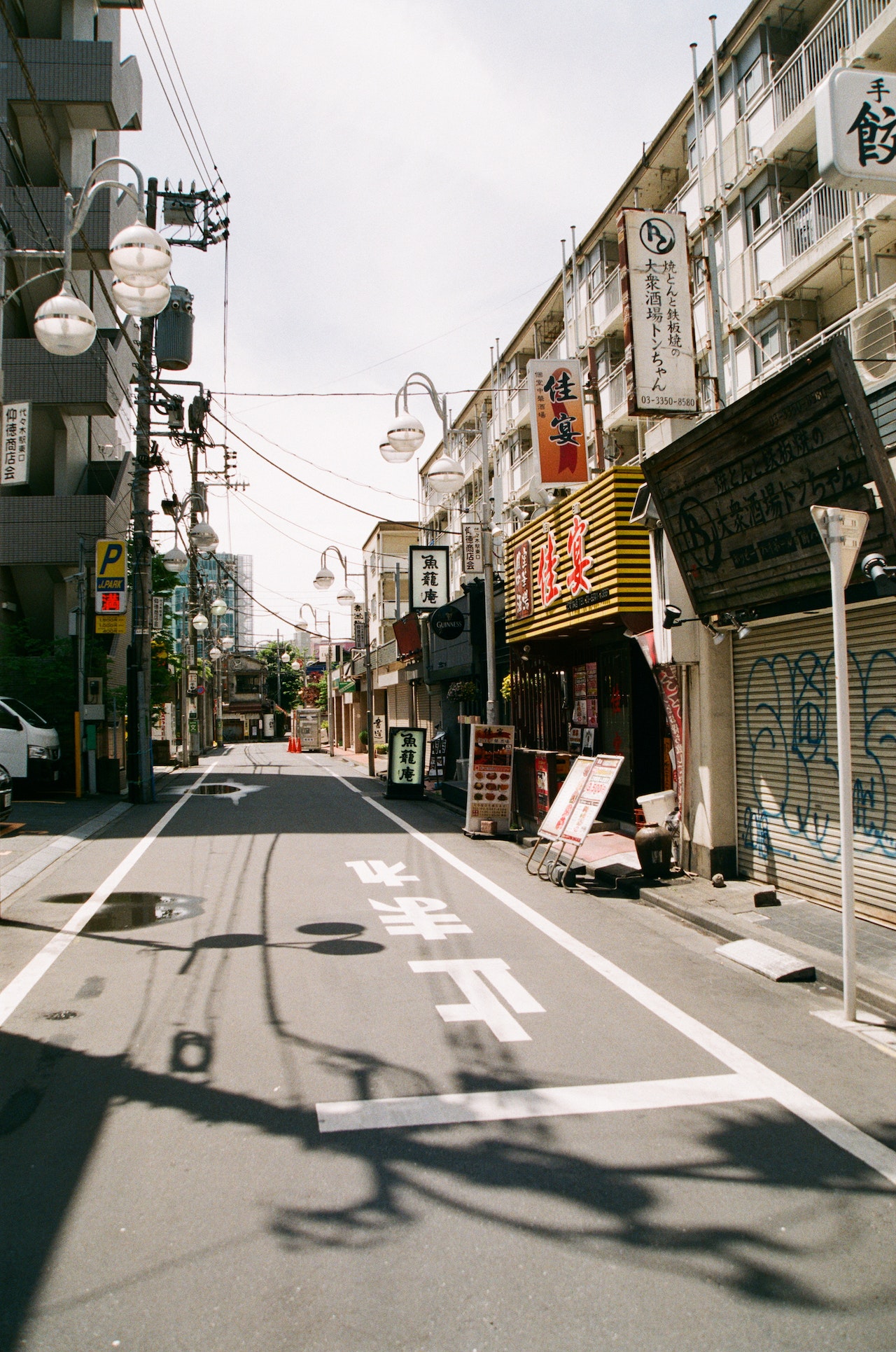Isao Ikeno, the manager of a local dairy cooperative that has substantially invested in technology as humans have gotten harder to recruit, said it would be very tough if his firm failed. On the cooperative's farm, 3,000 cattle are cared for by 17 workers, with Mr. Yokoyama's business filling in the gaps. According to Mr. Ikeno, no other local firms are able to offer the services.
About six years ago, Mr. Yokoyama started thinking about retiring. However, it remained unclear what would happen to the company. While he had taken on over half a million dollars of debt, years of liberal economic stimulus programs had maintained interest rates at historic lows, alleviating the burden, and the company's yearly profit margin was close to 30%.
Although the position was described as challenging in his Relay advertisement, it said that no prior experience was required. "Young and eager to work" would be the ideal qualification. The winner would get all of the company's assets, including approximately 150 acres of valuable farmland and woodland, along with the debts. The kids of Mr. Yokoyama won't receive anything. “I told them that if you want to take it over, I’d leave it to you, but if you don’t want to do it, I’m giving it all to the next guy,” he added.
Thirty inquiries flooded in. A couple and a spokesperson of a growing business were among those who showed interest. Mr. Yokoyama decided to support 26-year-old Kai Fujisawa, a dark horse.
After being shown the Relay advertisement by a friend, Mr. Fujisawa hopped in his car and drove over to Mr. Yokoyama's house, winning him over with his youthful exuberance. The transition hasn't been easy, though. Mr. Yokoyama has some doubts about Mr. Fujisawa's suitability for the position. The learning curve is more challenging than either of them had anticipated, and the company's seasoned, chain-smoking coworkers are dubious about Mr. Fujisawa's ability to live up to Mr. Yokoyama's reputation.
The majority of the 17 employees at the firm are in their 50s and 60s, and it's unclear how Mr. Fujisawa will find replacements when they retire. The pressure is great, Mr. Fujisawa remarked. However, he states that he was ready to commit to this company for the rest of his life as soon as he got there.















